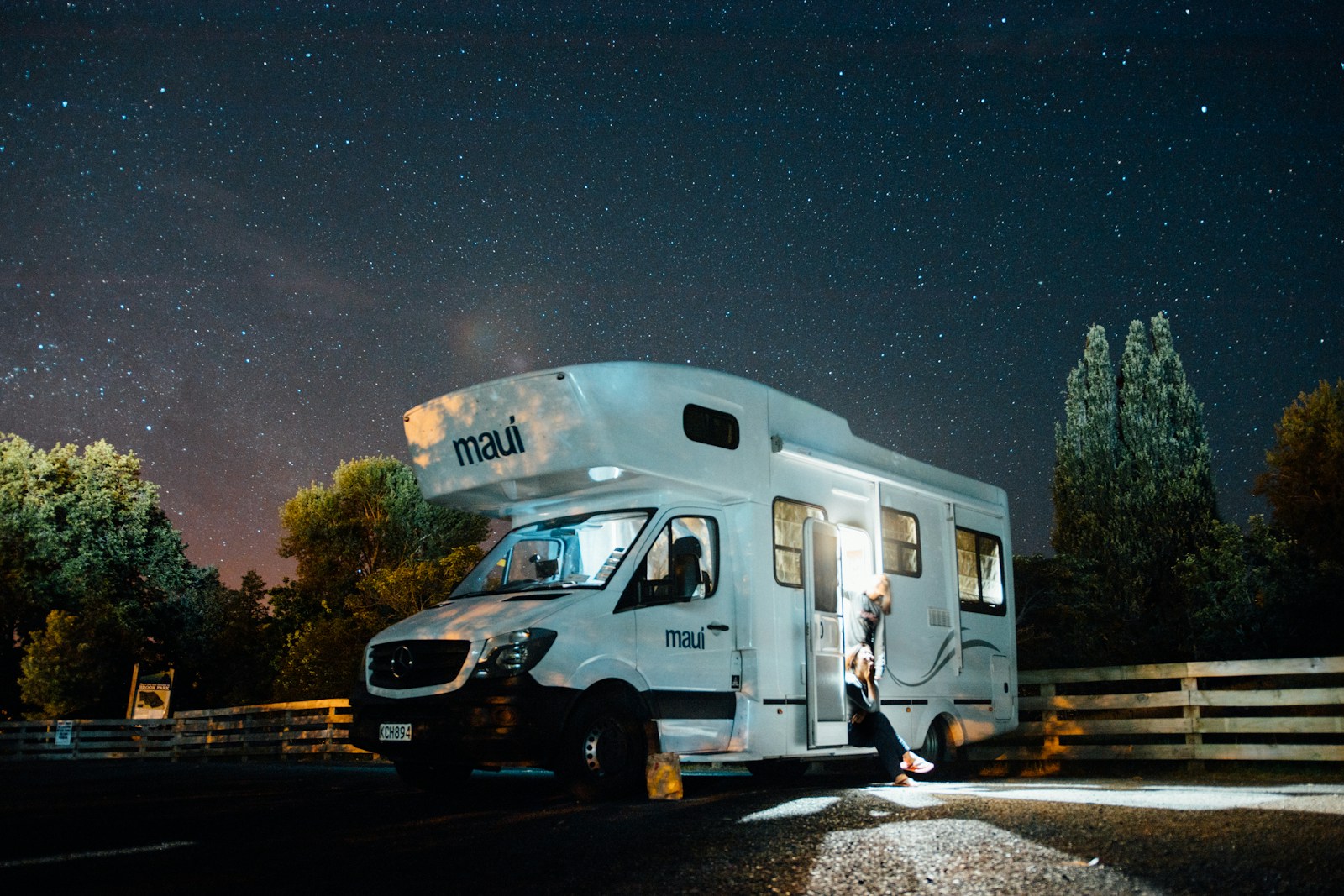Recreational Vehicle Insurance in San Antonio, TX
 If you have any type of recreational vehicle, including a motorcycle, RV, boat, or off-road vehicle (e.g., all-terrain vehicle (ATC) or snowmobile), you’ll need to secure additional insurance to properly protect your investment. Determining what and how much coverage you need can be tricky, but that’s why we’re here to help. Contact us today to get started.
If you have any type of recreational vehicle, including a motorcycle, RV, boat, or off-road vehicle (e.g., all-terrain vehicle (ATC) or snowmobile), you’ll need to secure additional insurance to properly protect your investment. Determining what and how much coverage you need can be tricky, but that’s why we’re here to help. Contact us today to get started.
What is Recreational Vehicle Insurance?
Recreational vehicle insurance is a general term that refers to a variety of policies used to insure vehicles such as boats, motorcycles, RVs, ATVs and travel trailers. Each policy provides unique coverage. Talk to your agent today to discuss specific coverage you may need for your recreational vehicle.
What Does Recreational Vehicle Insurance Cover?
Recreational vehicle insurance helps provide a layer of protection against liability and property damages. Recreational vehicle insurance varies based on the type of vehicle you have. Talk to your agent to learn more about targeted coverage for:
- Boat and watercraft
- Off-road vehicles (e.g., ATVs, golf carts, and snowmobiles)
- Campers
- Coaches
- Motor homes
- Travel trailers
Is Recreational Vehicle Insurance Required?
Depending on the type of recreational vehicle you own and where you live, you may be legally required to obtain insurance for your vehicle. For example, most RV and motorcycle owners must secure at least the minimum auto insurance required of all drivers in their state of residence.
What Insurance Is Needed for My RV?
RV owners should consider the following types of coverage:
- Liability coverage—This coverage is typically mandatory for motorized RVs in nearly every state. It can help cover bodily injury and property damage you may cause to others while driving your RV.
- Comprehensive coverage—This coverage can help financially protect your RV against noncollision-related damage, such as severe weather, theft, fire and vandalism.
- Collision coverage—This can offer financial protection for your RV against damage caused by collisions with other vehicles or objects.
- Extended vehicle coverage—You can often extend the liability coverage of your tow vehicle to cover the trailer if it is towable.
If you live in your RV full-time, you might also consider full-time RV insurance, which can financially cover liabilities, injuries and certain losses around your RV.
How to Get Recreational Vehicle Insurance
If you’re in need of a recreational vehicle insurance policy, we’re here to help. Contact Liberty Auto Insurance today to learn more or receive a free quote.
